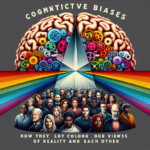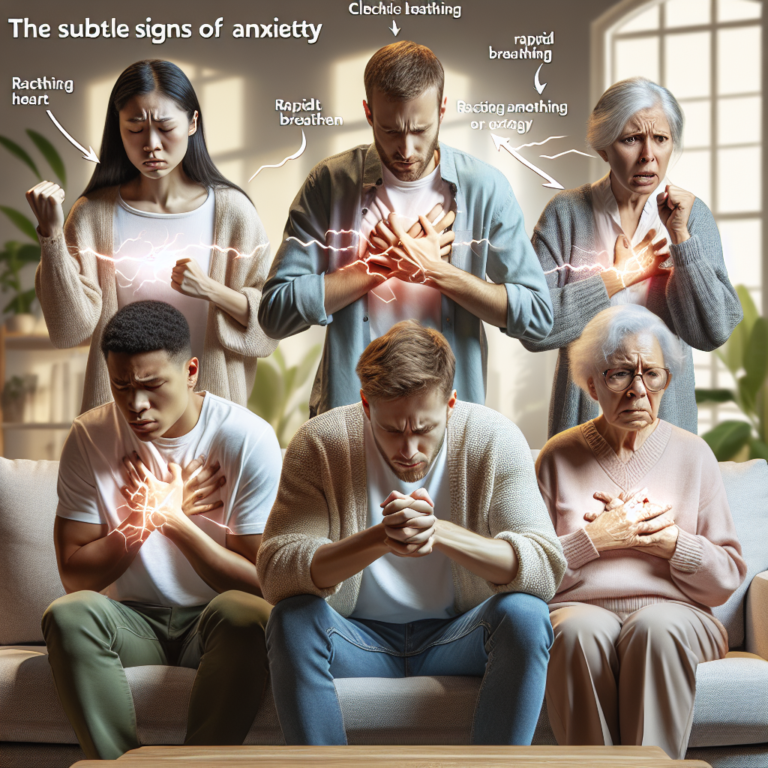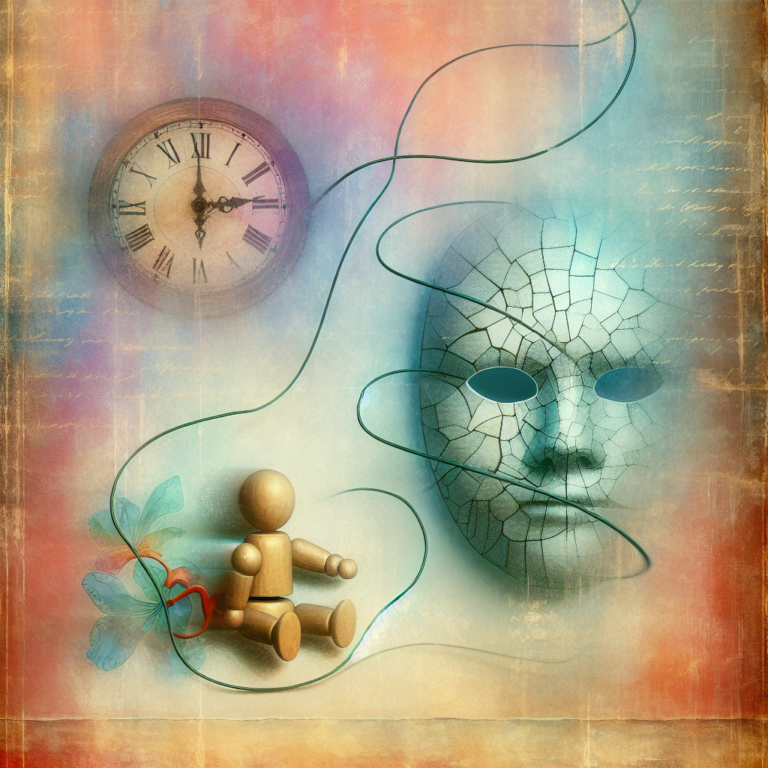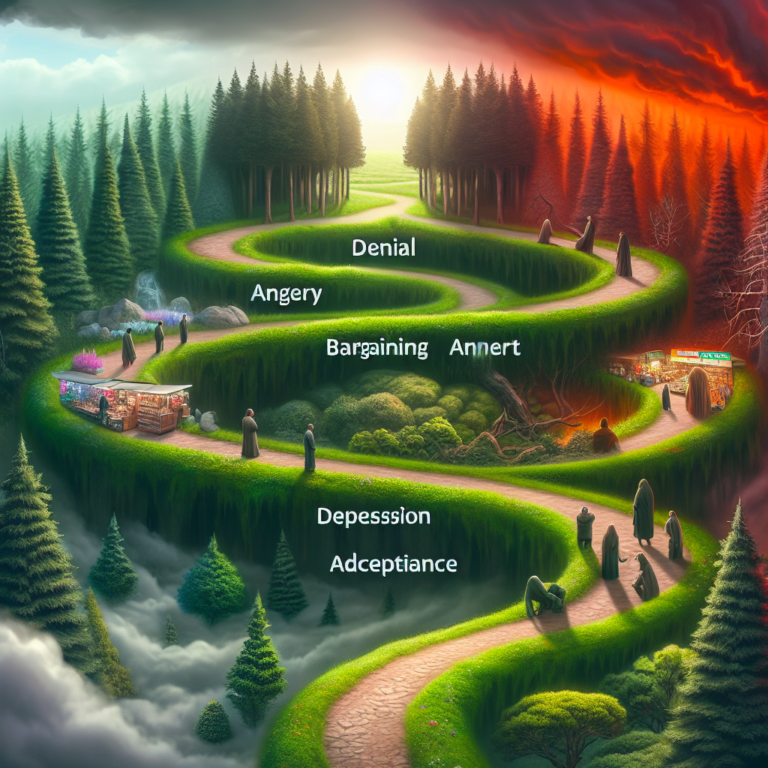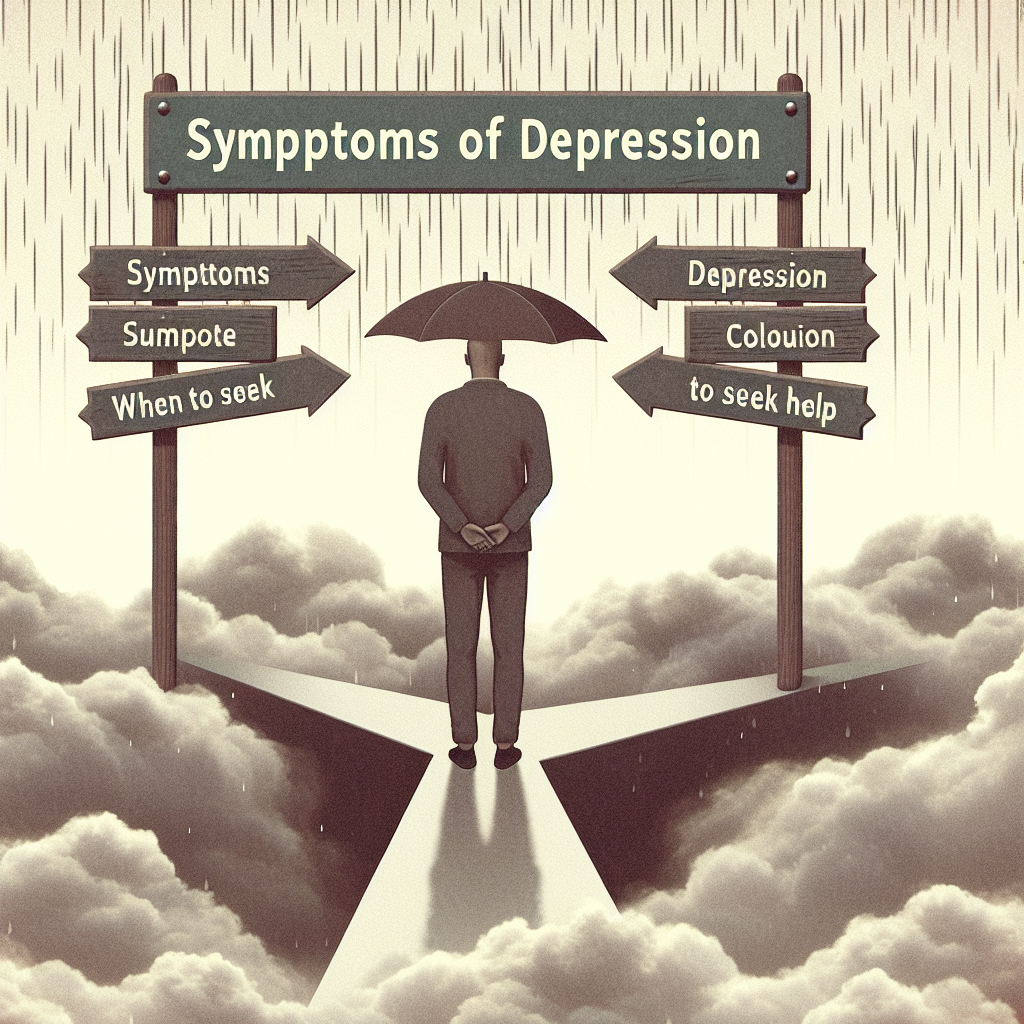
Symptoms of Depression: What to Look For and When to Seek Help
Understanding Depression: The Silent Struggle
In a fast-paced world where success and happiness are often champions of public narratives, there’s an unseen battle many individuals face: depression. As mental health awareness grows, understanding the symptoms of depression: what to look for and when to seek help becomes essential for everyone. Depression is not just a fleeting feeling of sadness; it’s a multifaceted mental health condition that can drain one’s energy and distort one’s perception of life.
The Many Faces of Depression
What is Depression?
Depression is more than just feeling sad; it’s a complex mood disorder characterized by persistent feelings of hopelessness, despair, and a lack of interest in activities once enjoyed. It can significantly affect daily functioning, making it crucial to recognize symptoms of depression: what to look for and when to seek help.
Common Symptoms of Depression
Recognizing the symptoms is the first step towards seeking help. Here are some of the key indicators:
| Symptoms | Description |
|---|---|
| Persistent Sadness | Feeling despondent most of the day, nearly every day. |
| Loss of Interest | Disinterest in activities, socializing, or hobbies. |
| Fatigue | Constant tiredness, lack of energy, and motivation. |
| Changes in Appetite | Significant weight loss or gain, or changes in eating habits. |
| Sleep Disturbances | Insomnia or sleeping too much. |
| Feelings of Worthlessness | Excessive guilt or feelings of inadequacy. |
| Difficulty Concentrating | Trouble focusing or making decisions. |
| Physical Symptoms | Unexplained aches and pains. |
| Suicidal Thoughts or Behavior | Thoughts of self-harm or death. |
Real-World Case Study: Jane’s Journey
Jane, a 29-year-old professional, previously thrived in her career and personal life. However, she began noticing gradual changes — she lost interest in her favorite hobbies, felt perpetually tired, and found it challenging to concentrate at work. Initially, Jane brushed it off as stress from work-related pressure, but as days turned into weeks, the symptoms intensified.
Recognizing these symptoms of depression: what to look for and when to seek help became vital when she confided in a friend, who encouraged her to seek professional help. After several therapy sessions, Jane discovered that her feelings were not merely phase-related but linked to deeper-seated issues.
Analyzing Jane’s Case
Jane’s experience exemplifies how subtle changes can escalate into significant mental health challenges. It serves as a reminder that ignoring symptoms may worsen the situation. Seeking help at the first signs of depression can lead to timely interventions and recovery.
When to Seek Help
Why It’s Important
Many individuals struggle with stigmas surrounding mental health, believing they should “just get over it.” However, it’s essential to understand that depression is a legitimate health condition that often requires professional treatment. So, when is it time to reach out for help?
- Persistent Symptoms: If symptoms continue for more than two weeks and disrupt daily living.
- Increased Severity: If symptoms worsen or lead to self-harm or suicidal thoughts.
- Impact on Relationships: When interpersonal relationships start to suffer as a result of your mood.
- Physical Effects: If experiencing significant physical symptoms without clear medical explanations.
Real-World Case Study: Mark’s Experience with Depression
Mark, a 35-year-old father of two, started to notice emotional and physical signs of depression following a major life change: the loss of his job. Initially, he thought he could manage it. However, he grew increasingly withdrawn from his family and friends, leading to conflicts at home.
A trusted friend finally encouraged Mark to see a therapist after noticing his emotional decline. Mark learned that addressing his emotional health was just as crucial as seeking treatment for physical ailments, leading to a renewed sense of hope and tools to cope with his challenges.
Analyzing Mark’s Case
Mark’s story illustrates a critical point; often, external factors can amplify internal struggles. It highlights the need for open dialogue about mental health issues and the importance of timely intervention.
Coping Strategies: Self-Help Techniques
While professional help is essential, there are also nurturing self-help techniques that can significantly alleviate the symptoms of depression: what to look for and when to seek help. Here are some approaches you can consider:
1. Stay Active
Regular physical activity can boost endorphins and improve mood. Aim for at least 30 minutes of exercise most days — this could be walking, biking, or even dancing.
2. Establish a Routine
Having a structured daily routine can provide a sense of normalcy and predictability. It can be particularly helpful during periods of depression.
3. Find Support
Connecting with friends or joining support groups can help manage feelings of isolation. Sharing your experience with others facing similar challenges can be beneficial.
4. Practice Mindfulness or Meditation
Mindfulness-based practices can reduce anxiety and improve emotional well-being. Even simple breathing exercises can be effective.
5. Limit Alcohol and Caffeine
Both substances can exacerbate anxiety and depression, so minimizing their intake can help improve mood stability.
Conclusion: Taking the First Step to Recovery
Recognizing the symptoms of depression: what to look for and when to seek help is a crucial step toward healing. Whether you see poor concentration in your daily routine, marked changes in appetite, or intense feelings of worthlessness, these signs are messages from your mind asking for attention.
If you or someone you know resonates with these symptoms, remember that you’re not alone. Seeking help is a courageous step toward reclaiming your life. Integrating support with self-help techniques can foster resilience and promote recovery. Don’t hesitate to take the first step – your mental well-being is worth it!
FAQs: Common Concerns about Depression
1. How do I know if I have depression?
If you experience several of the symptoms listed consistently over two weeks or more and they inhibit your daily functioning, it is advisable to consult with a mental health professional.
2. Can depression be treated without medication?
Yes, many individuals benefit from psychotherapy, lifestyle changes, and self-help strategies. However, some might require medication to manage severe symptoms; it’s essential to discuss this with a healthcare provider.
3. How long does depression last?
The duration of depression varies per individual; some recover quickly with the right treatment, while others may experience chronic symptoms that require ongoing management.
4. What should I do if someone I care about has depression?
Offer them support and understanding, encourage them to seek professional help, and be patient. Your support can play an essential role in their recovery journey.
5. Is it normal to feel sad sometimes?
Yes, it is normal to have occasional feelings of sadness; however, if these feelings persist and interfere with your life, it may be time to seek help.
In summary, understanding the symptoms of depression: what to look for and when to seek help is pivotal for anyone affected by or concerned about mental health. Empower yourself with knowledge, and be proactive in promoting a healthier mind.

